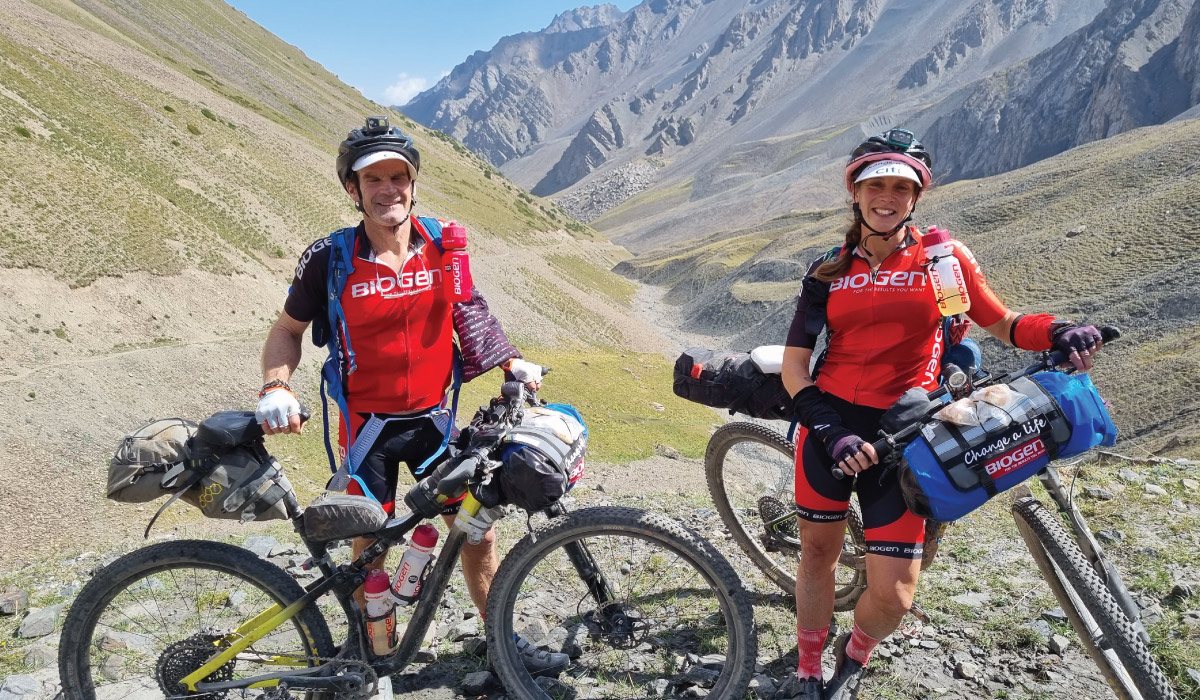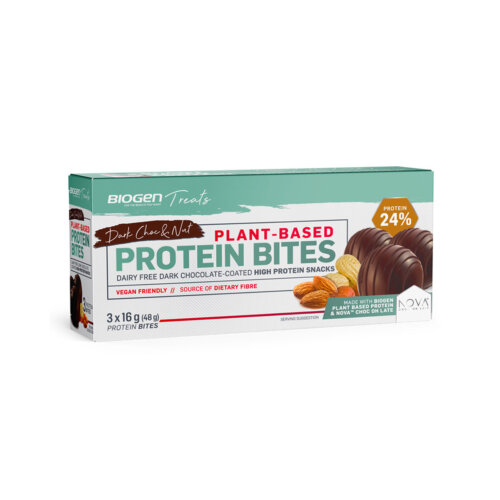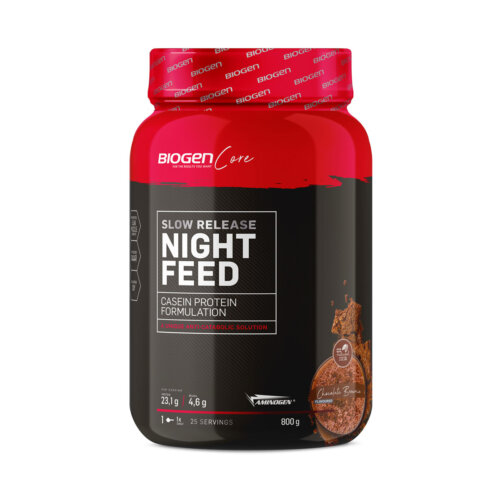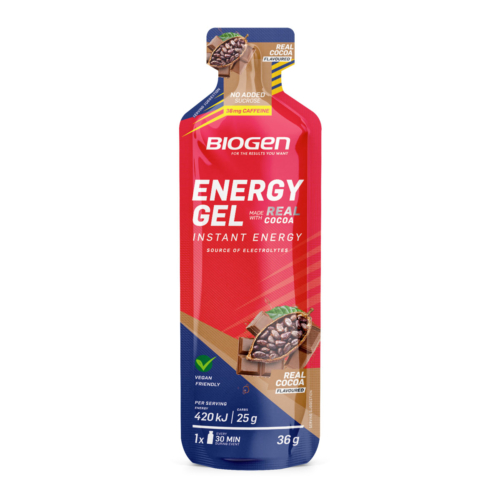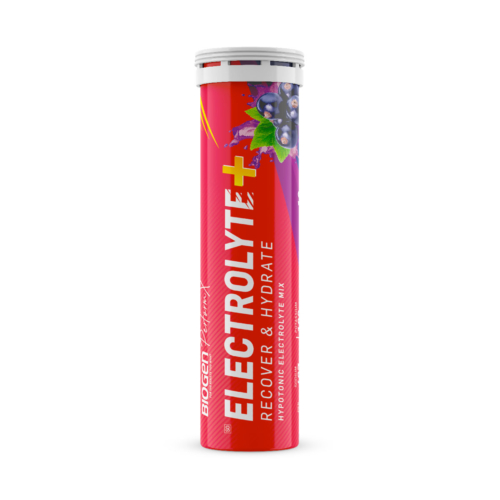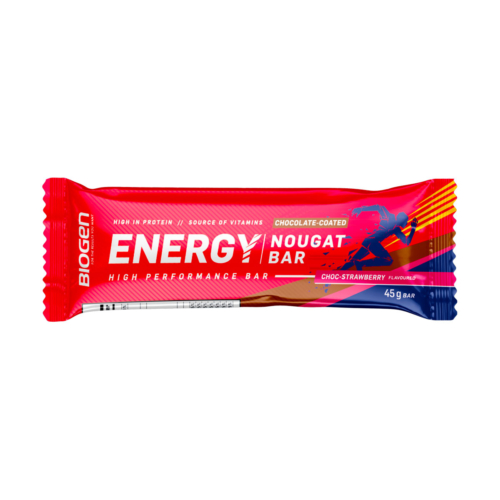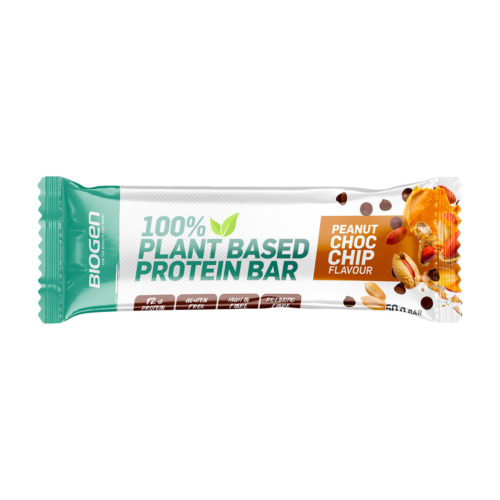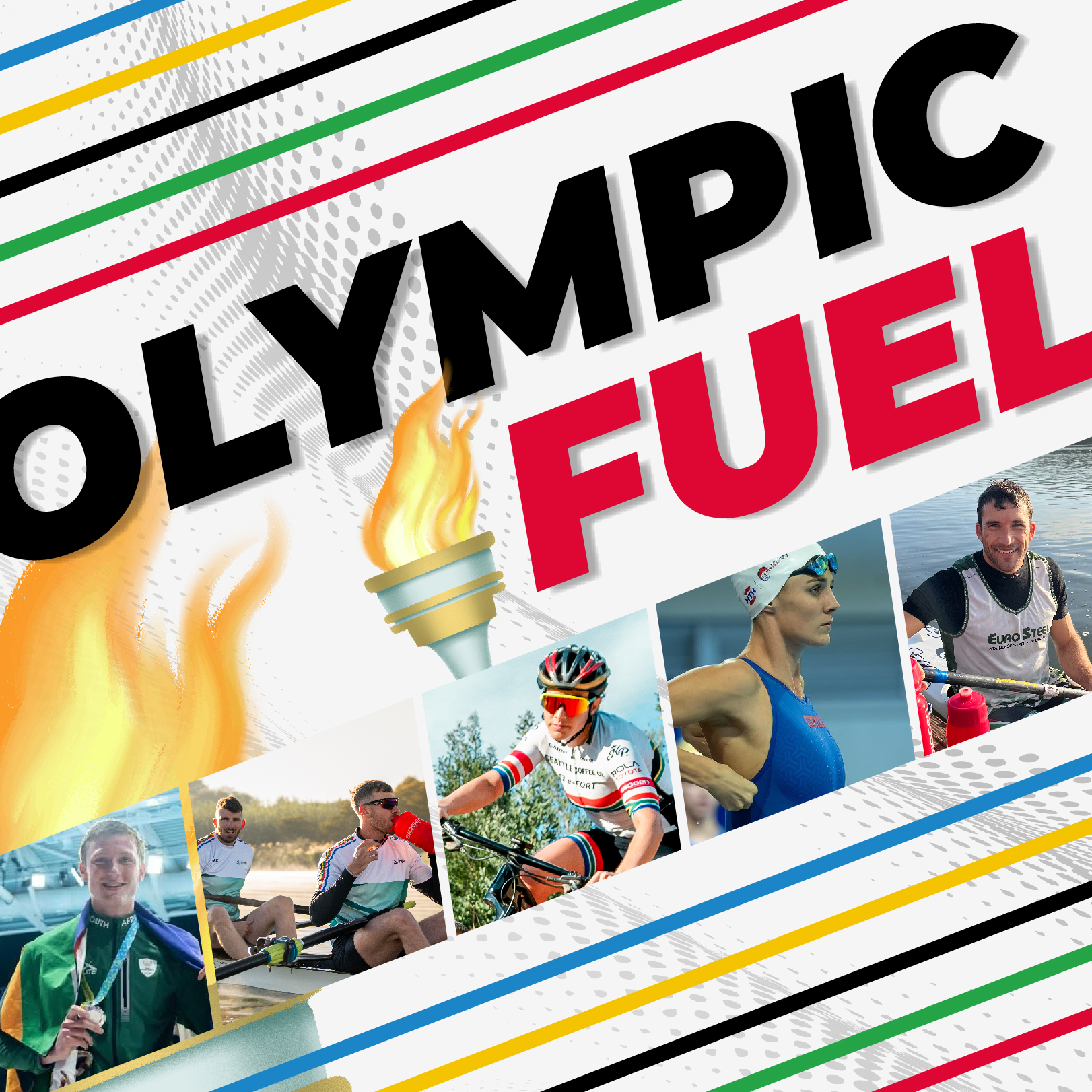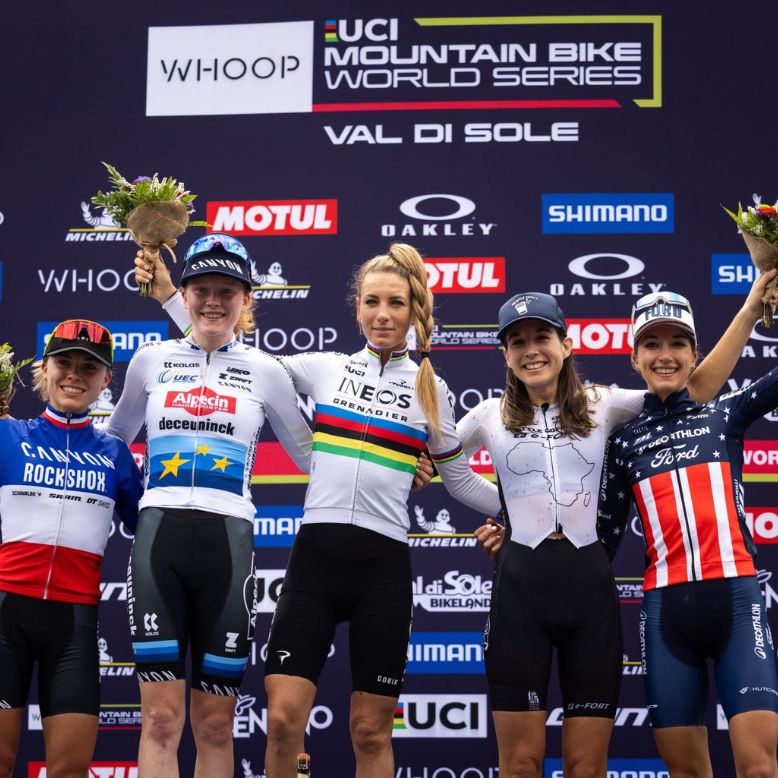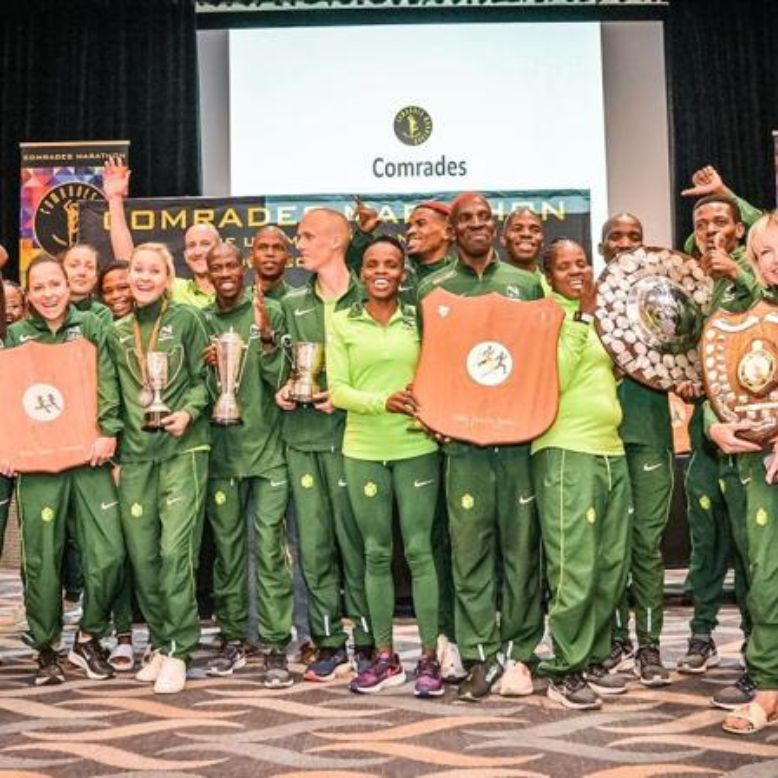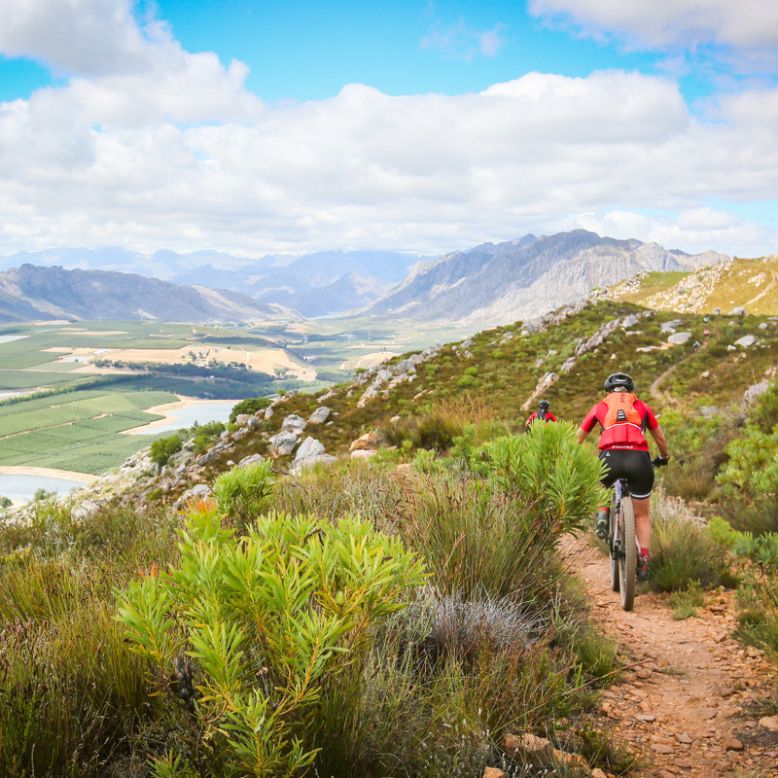While riding such immense distances on consecutive days requires sustenance primarily from whole foods, the duo supplemented their energy and calorie requirements with a range of Biogen products and functional foods.
Every morning they took a Biogen Immuno Boost tab for a vitamin and mineral boost to supplement the shortfall they had from a lack of sufficient fresh fruit and vegetables.
On the bike, the duo sipped on Biogen Cytogen periodically and on the longer, tougher sections included a few energy gels when they needed a boost. They also carried a range of Biogen protein and energy bars to eat on and off the bike to meet their daily energy needs.
Another factor was the temperature, which ranged between -15°C and 40°C.
“The temperature variations were extreme.” continues Martin. “The Biogen Electrolyte Plus tabs were a life-saver in the heat of the valleys, which reached 36-40 degrees on certain days. Even when we weren’t pushing the pace, the sweating meant our electrolyte loss was immense, which limits your recovery.”
A Biogen Recovergen shake offered an indulgence and some much needed recovery support after they parked their bikes for the day.
“This intelligent carb-protein mix was a life-saver as it ensured we could recover for the next day. This chocolate milkshake was a real treat,” says Martin.
After an extremely challenging effort, Team Dreyer would celebrate with a Biogen Plant Based Protein Bite.
“We only took three boxes, so we limited these delicious treats when we needed a mental reward after accomplishing a significant milestone or as the cherry on the cake after cresting a massive mountain peak,” says Martin.
“It would’ve been nice to have carried more products with us but the added weight was a limiting factor. It was a real spoil to have the treats on the route,” adds Jeannie.
For added muscle recovery, Martin and Jeannie shared a Biogen Night Feed bar in their tent before going to sleep.
“This was another chocolatey treat for us, and when your body is always in a calorie-deficit, it helps to limit the muscle loss.”
